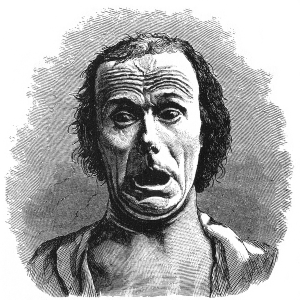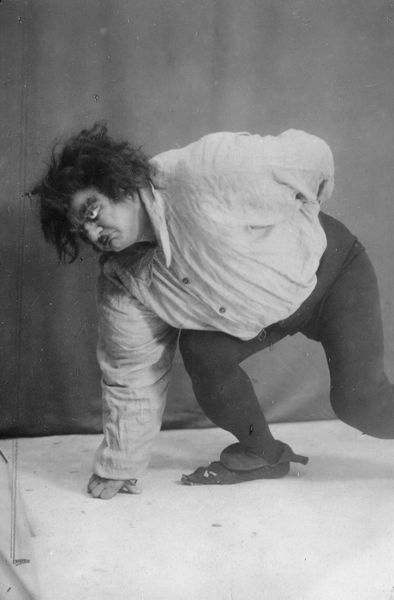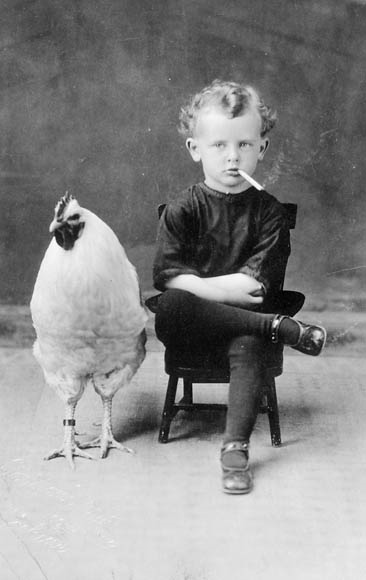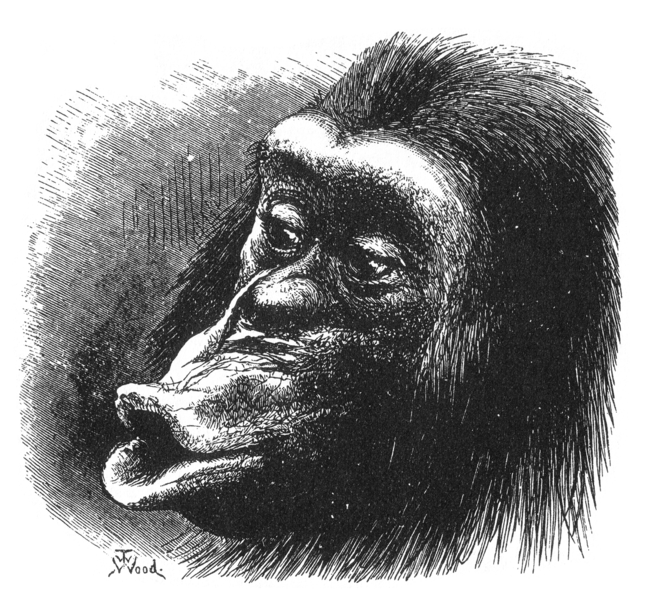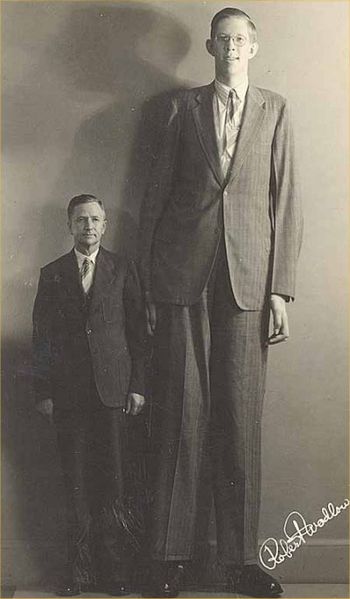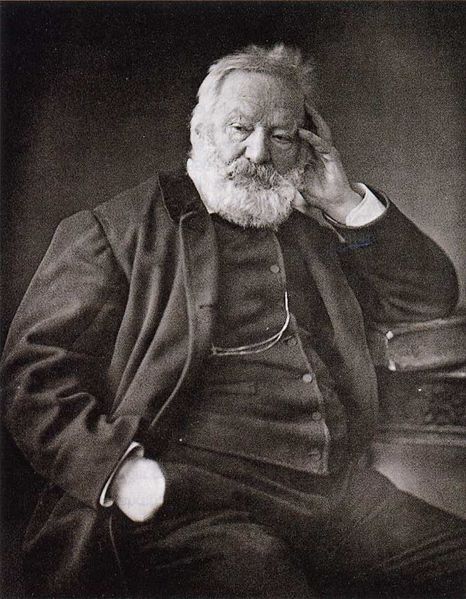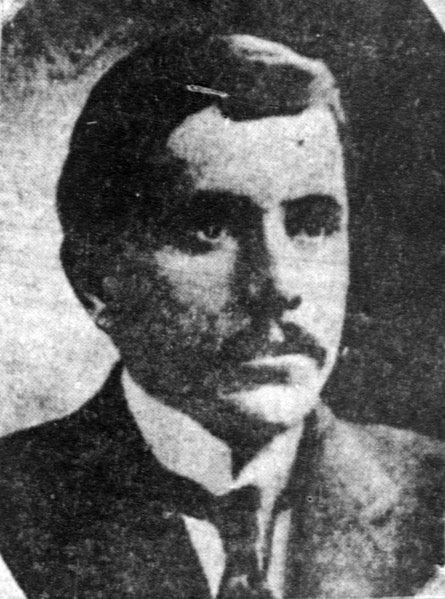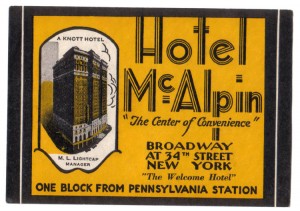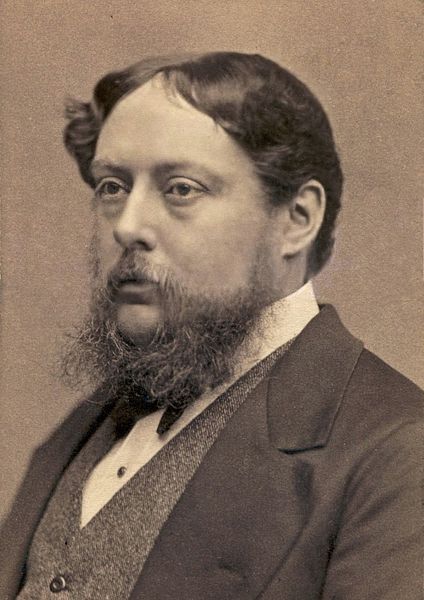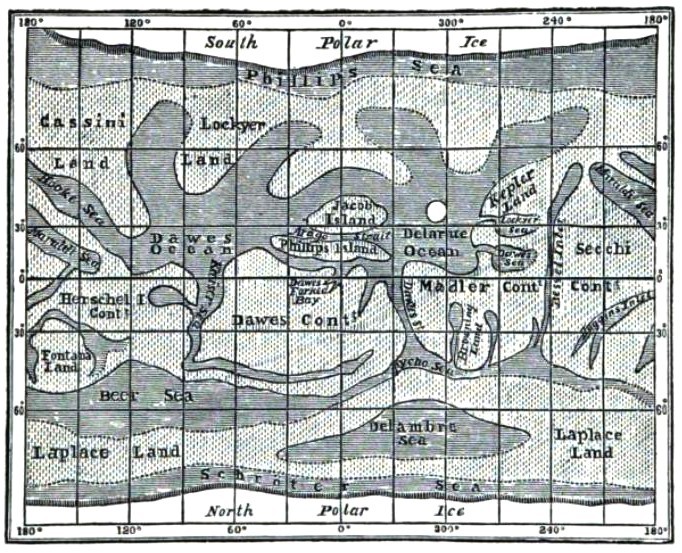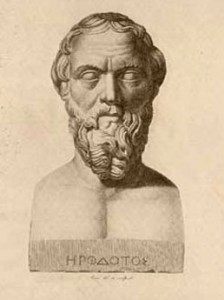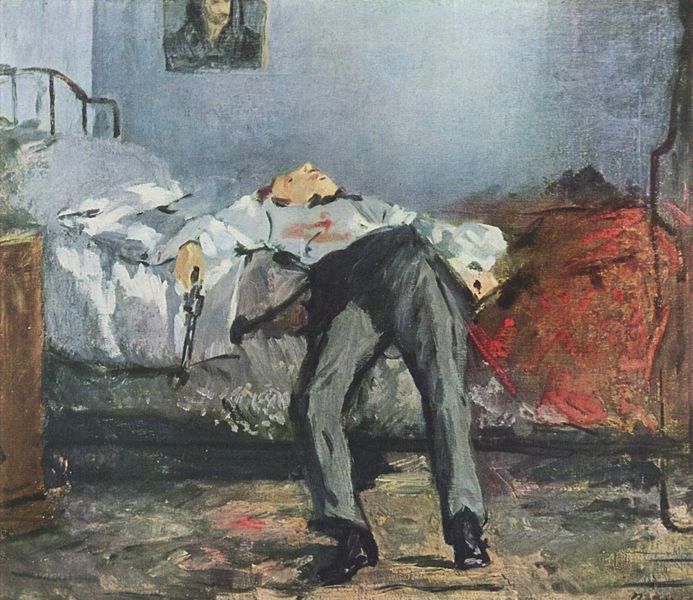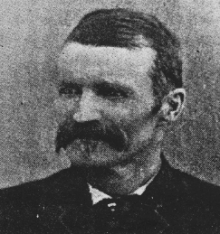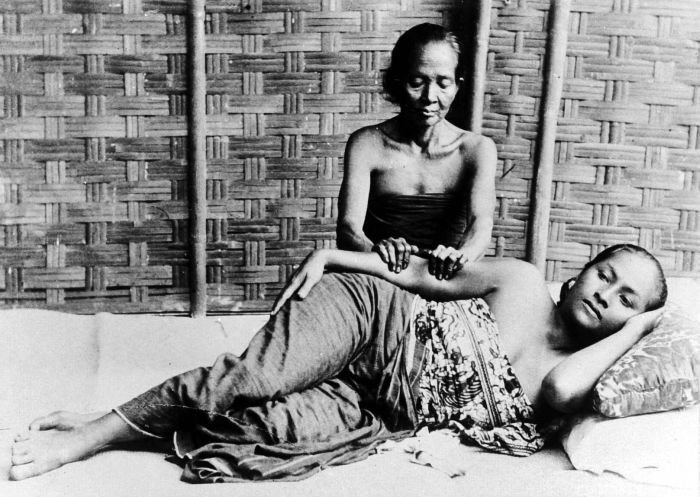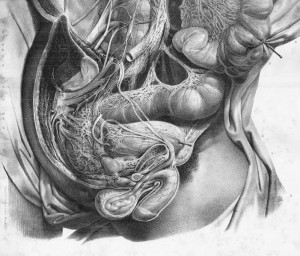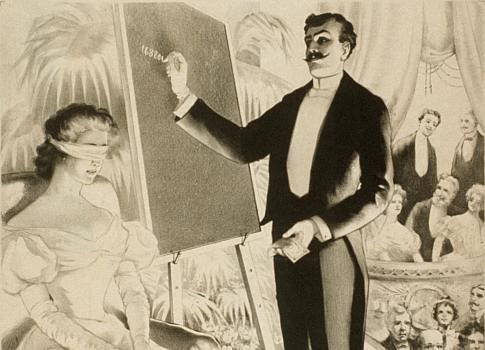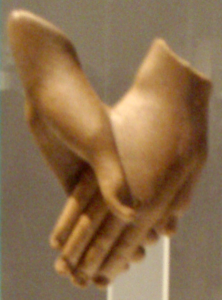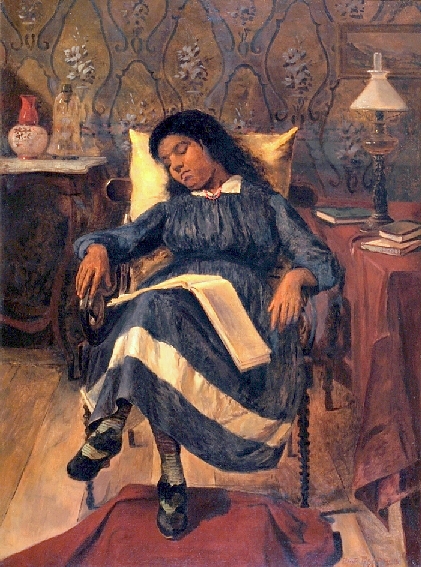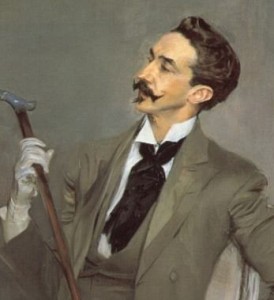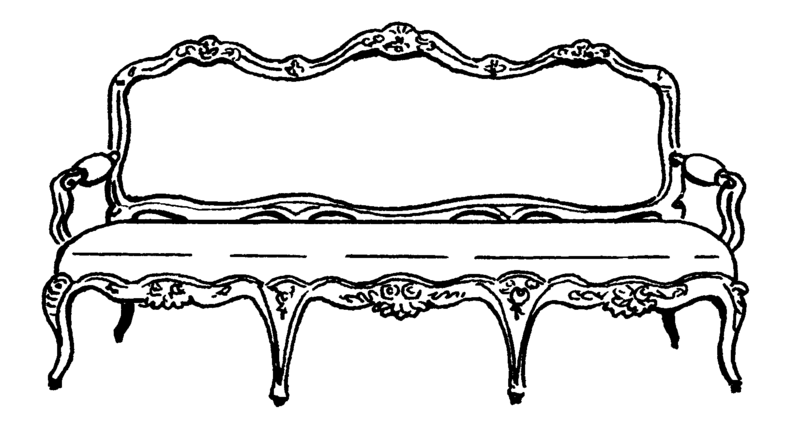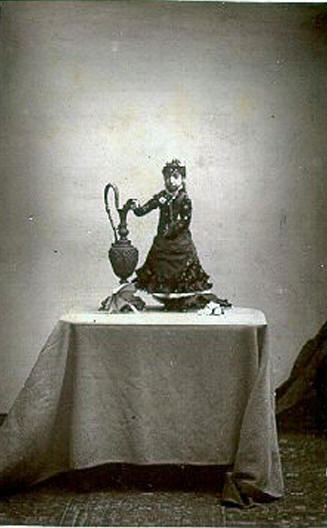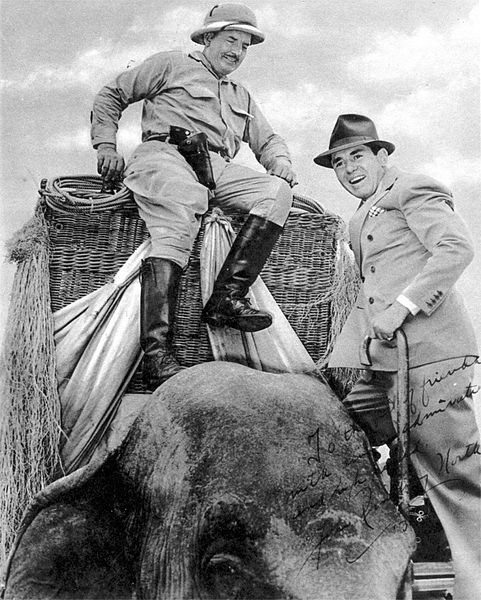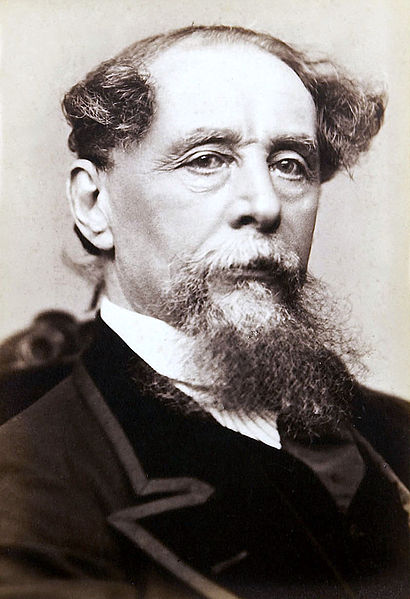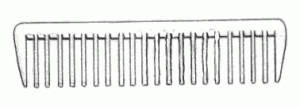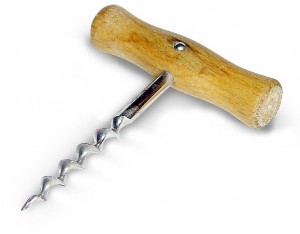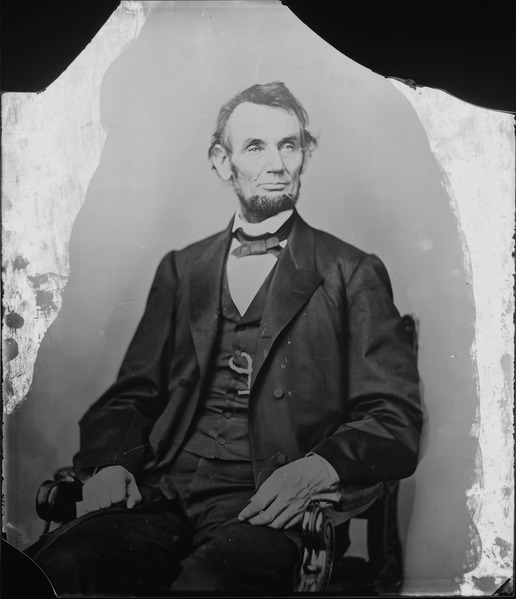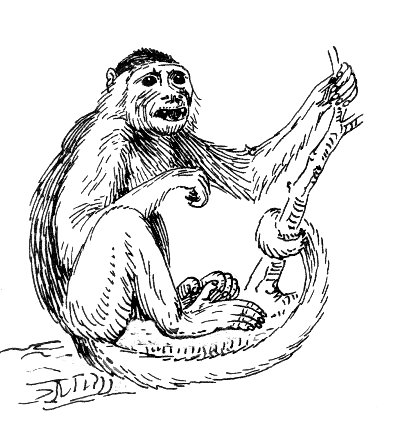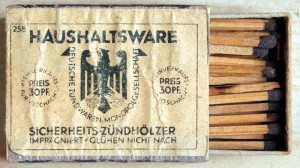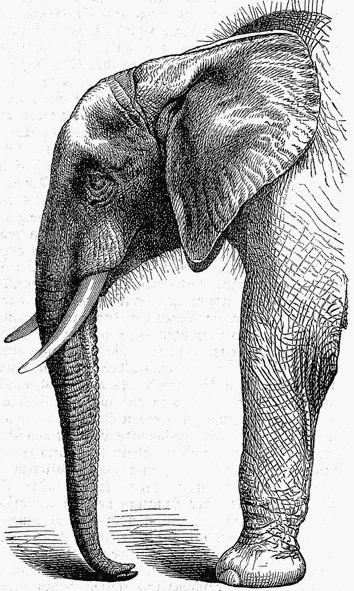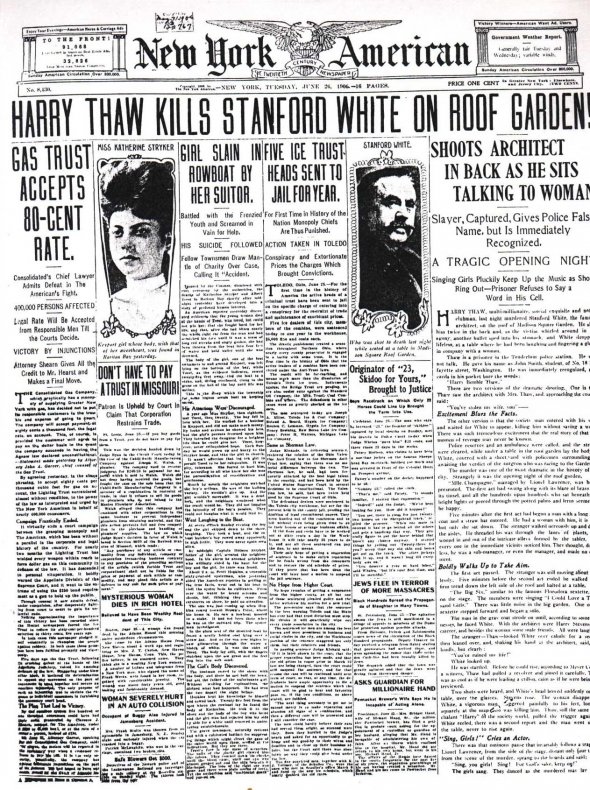
Everyone is familiar with the crime. On a June day in 1906, Harry K. Thaw fired three bullets at close range at architect Stanford White, on the roof of Madison Square Garden, wounding him fatally atop a building the victim had designed. The gunfire was apparently provoked by jealousy Thaw felt over his wife, the comely chorus girl, Evelyn Nesbit, who had previously been White’s mistress. After a couple of trials, Thaw spent some time in a mental asylum, but not long after a failed escape to Canada, he was declared sane and set free. But neither Thaw nor Nesbit were ever free of themselves, liberated from their destructive impulses. Excerpts from two New York Times articles about their lives after the most shocking murder.
••••••••••

"The terrified lad saw Thaw, armed with a short, stocky whip rushing for him."
“Whipping of Boy Starts Hunt for Harry K. Thaw” (January 10, 1917): “The police of every city last night sought Harry Thaw. Accused in the Stanford White trial of having used a silver-capped dog whip on girls, Thaw was indicted here yesterday charged with having whipped a nineteen-year-old boy.
In a room high up in the Hotel McAlpin Thaw on Christmas Eve is alleged to have lashed Frederick Gump, Jr., a Kansas City schoolboy, almost to unconsciousness, after having enticed the lad to this city on pretenses of educating him.
‘Thaw’s acquaintance with young Gump goes back to December, 1915,’ said Mr. Walsh at the Holland House yesterday. ‘The elder Mr. Gump is one of the leading citizens of Kansas City, and I have known his only child, Fred, since infancy. The boy’s father became ill about two years ago, and when Fred was graduated from the Kansas City High School the family moved to Long Beach, Cal. Fred enrolled in the Berkeley Polytechnic Institute, but spent the week-ends with his parents in Long Beach, and it was on one of these occasions that Thaw met the lad in an ice cream pavillion.
‘Fred, a fine-looking chap, appeared to interest Thaw, who told the boy he would like to have him go back to Pittsburgh with him, where a fine job could be had. Gump declined the offer and they parted. This was early in December, and the next Gump heard of Thaw was when a postal came wishing the young student a merry Christmas. Letter after letter came to Mrs. Gump addressed to her son, and in nearly all of them Thaw repeated his offer. Finally on December 20 last he wrote, offering Gump $50 a month and expenses either to take a job in his plant or to enroll for a course in the Carnegie Institute. Thaw inclosed a certified check for $50, and urged Gump to accept the offer.
After thinking the matter over, Mr. Gump advised his son to take the chance at the Carnegie School and Thaw was advised of the decision. In a wire, he directed Gump to come to New York and put up at the McAlpin, where further instructions would be wired to him.
‘At the hotel Thaw had reserved a big suite on the eighteenth floor and had even rented two adjoining rooms which, I think, he did to prevent strangers from hearing the cries which later came from his apartments. It was Gump’s first trip away from home. The splendor of his bedroom rather bewildered him, and it was some time before he retired.
‘Soon Gump heard his door opened cautiously. Almost immediately the lights were switched on and the terrified lad saw Thaw, armed with a short, stocky whip rushing for him.
‘The boy leaped to his feet, and dodging Thaw, tried to get out of the door, and even to jump out of a window. All were locked. From that time until Gump was almost insensible his captor drove the young lad around the room, raising great welts upon the boys’s unprotected back. When he had beaten the lad so that his back and legs were covered with blood, Thaw quit the room as suddenly as he had entered it. Young Gump lay on the floor all night, and in the morning Thaw again came in, this time accompanied by his body guard. Thaw instructed the guard to keep the boy a prisoner, and then left.'”
••••••••••
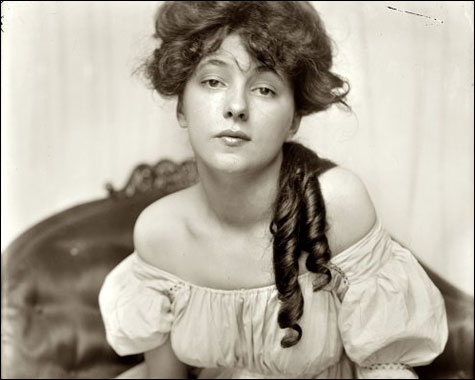
"An examination of her throat revealed that there is hope of saving her voice."
“Thaw to Visit Chicago Reconciliation Rumor” (Jan 8, 1926): “Chicago–Harry K. Thaw, whose former wife, Evelyn Nesbit Thaw, attempted to kill herself Tuesday morning during a fit of despondency, will arrive in Chicago early next week to confer with his attorney, Charles S. Wharton, it was learned today.
The appearance of her former husband at this time, coupled with the interest he has shown in her behalf over a long period of years and which was climaxed by a personal inquiry sent to the hospital the other day, has caused rumors that a reconciliation might be effected between the two.
Thaw has been paying $10 every day to her through a Pittsburgh attorney for a number of years. He did this, it was said, as a ‘token of pleasant memories of the past when we were happy.’
It is also known that William C. Dannenberg, private detective, with headquarters in Chicago, has been receiving large fees annually from Thaw for ‘keeping tabs’ on Evelyn during her frequent stays in Chicago. It was through Dannenberg that Thaw made inquiry as to her condition a few hours after Evelyn was taken to the hospital.
Thaw telephoned to Dannenberg on Thursday, asking him to go to the hospital and deliver a message to Evelyn only in the event she were dying. The detective denied this later by saying he had been sent over to get a personal report on her condition, but had no message to deliver.
At the hospital it was announced that Miss Nesbit had rallied from the sinking spell which made her physician apprehensive during the crisis of her illness, and she was pronounced out of danger. An examination of her throat revealed that there is hope of saving her voice. The burns from the disinfectant she swallowed were at first believed to have damaged her throat so seriously she might never sing again.”



